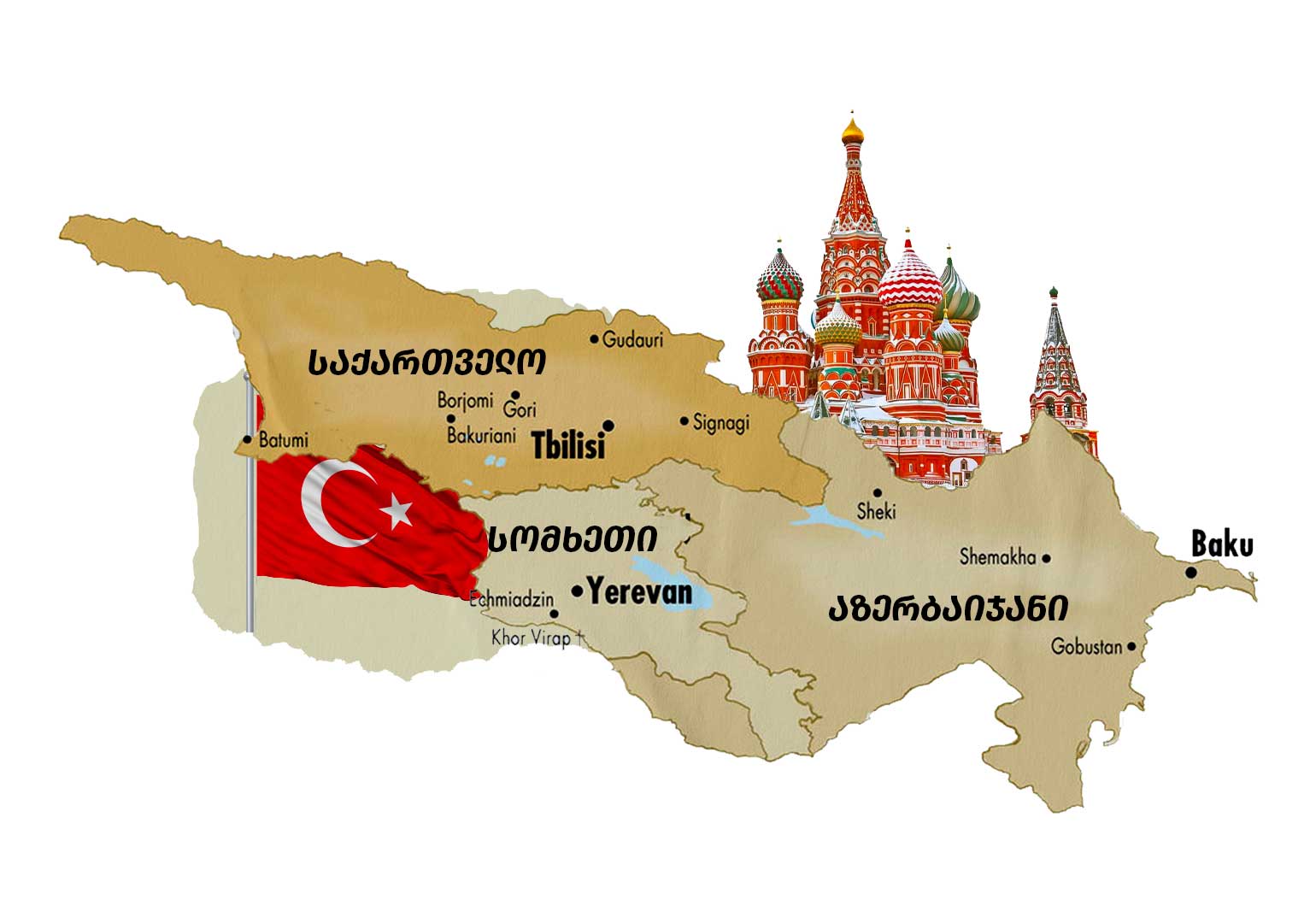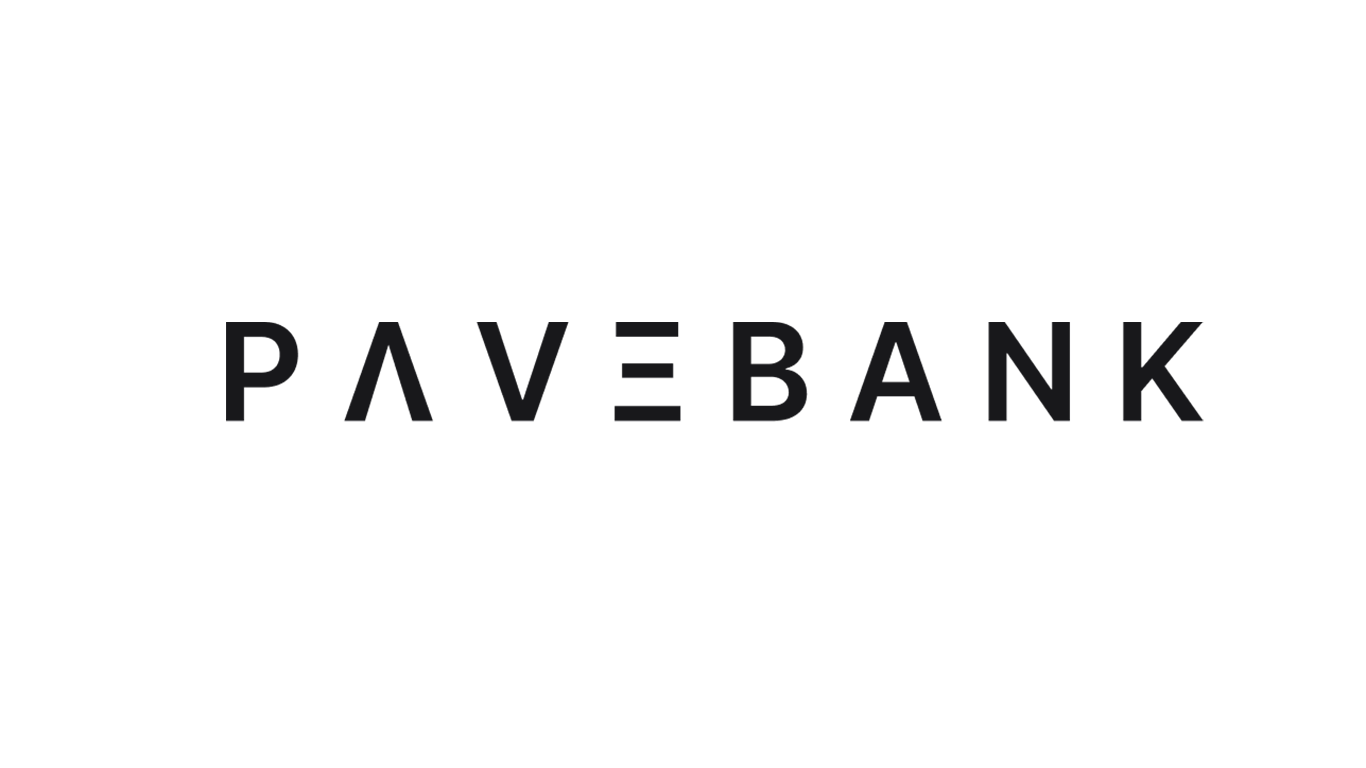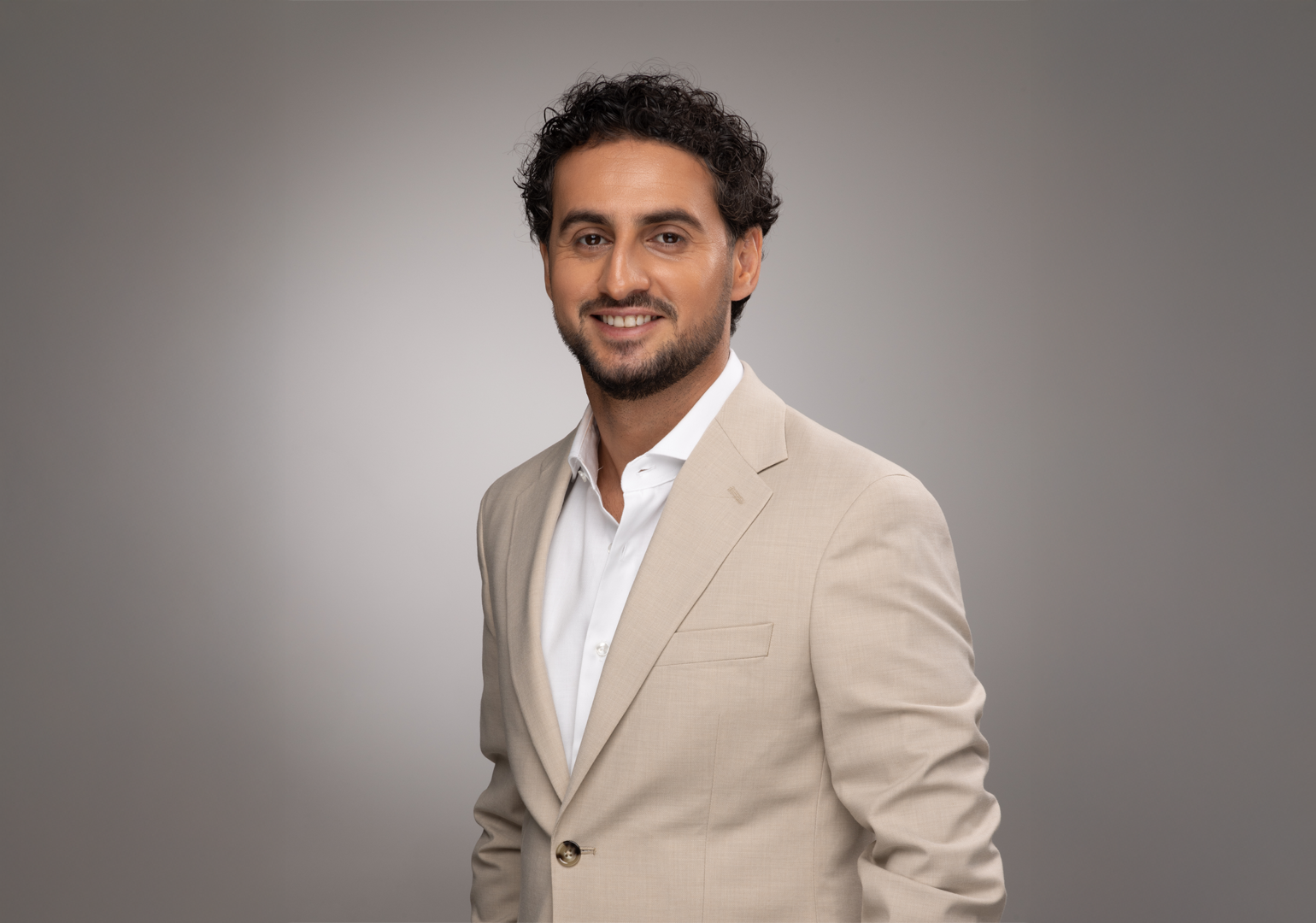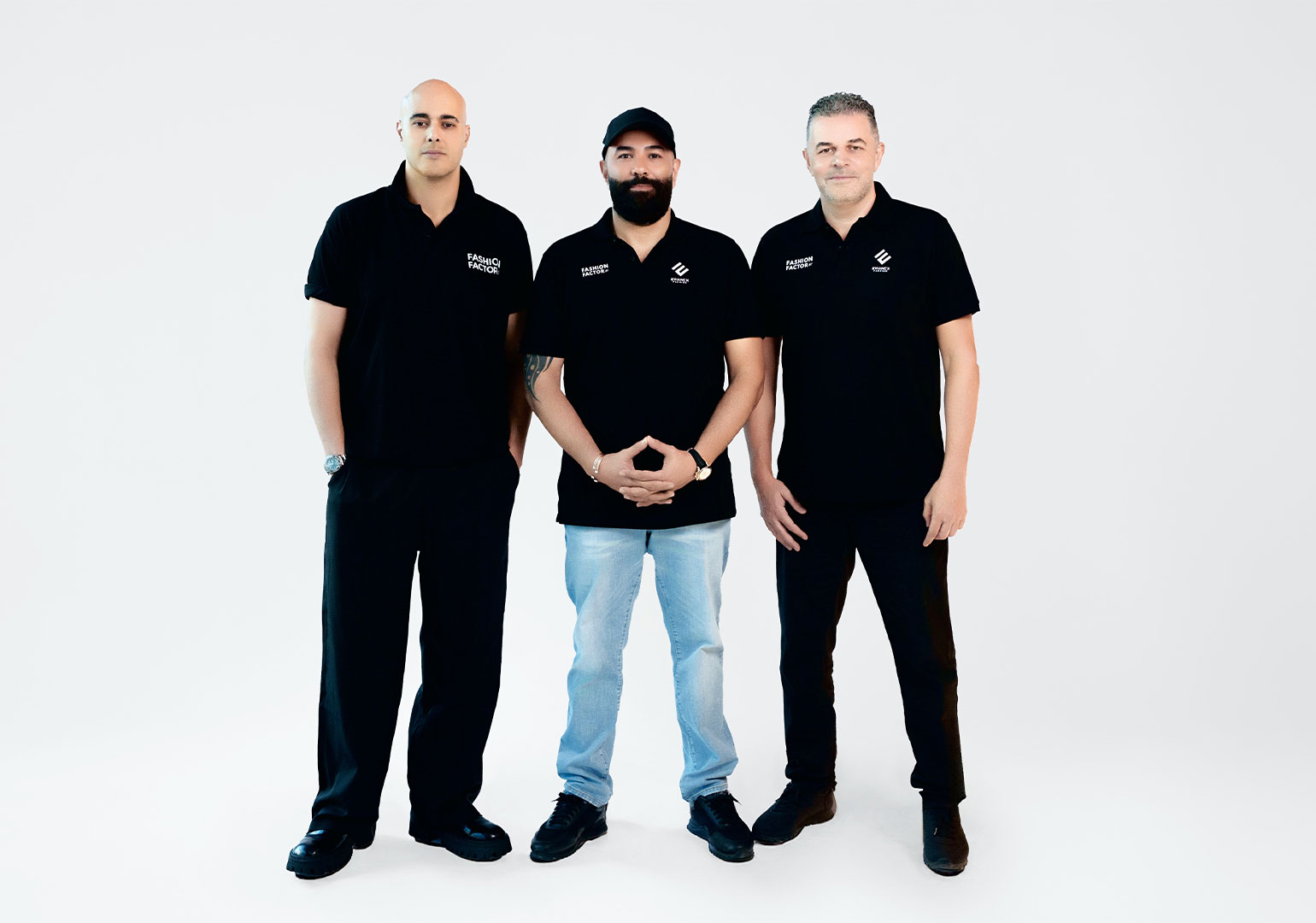During the past decades, many initiatives have been proposed for regional cooperation in the South Caucasus, mainly coming from Georgia and Turkey. These initiatives are mainly aimed at promoting sovereignty and territorial integrity as well as the sustainable economic development of the region. Despite a plethora of proposed cooperation ideas, none of them managed to come into motion. In December 2020, after the end of the Nagorno-Karabakh War, Turkish Prime Minister Recep Tayyip Erdoğan made a proposition for a new regional cooperation platform. Nevertheless, unlike previously, this time he suggested creating a new format, the Six Country Regional Cooperation Platform (3+3), which would encompass the three states of the South Caucasus (Georgia, Azerbaijan and Armenia) together with the greater regional powers surrounding the region (Turkey, Russia and Iran). The platform was envisioned to enhance sustainable peace in the region through implementing economic, trade, transport and infrastructure projects. Iran and Russia immediately showed interest and enthusiasm toward the project. The Iranian Foreign Minister, Javad Zarif, even made trips to the other five countries envisaged in the proposed platform to discuss the ways of cooperation and “coordination on regional issues.” At the first glance, the concept behind the 3+3 initiative is attractive as it has been designed to promote sustainable peace through economic and infrastructure projects. However, the subtext behind the regional cooperation might be providing illiberal regional players with a new political tool to enhance their geopolitical power in the South Caucasus. This might create serious problems for the security environment in Georgia.
The geopolitical situation in the South Caucasus has undergone shifts in the wake of the second Karabakh War. Since the November 2020 ceasefire agreement between Azerbaijan and Armenia, which was moderated by Moscow, Russia accrued an additional pivot for boosting its influence in the region. The Kremlin’s leverage has been substantially bolstered through the deployment of 2,000 peacekeepers in Nagorno-Karabakh aimed to “control the ceasefire and the cessation of military actions” in the conflict zone. Simultaneously, neither the EU nor the US has attempted to actively intervene in the armed conflict between Armenia and Azerbaijan which gave way for the Kremlin to emerge as the main conflict mediator. Hence, Moscow has been keen on Erdoğan’s proposal to further strengthen its foothold in the South Caucasus. On October 6, the Russian Foreign Minister, Sergey Lavrov, even made an announcement that Moscow was committed to the establishment of a new 3+3 format to “address the issues of security, unblocking economic and transport ties.” Russia’s enthusiasm toward the project came as no surprise as the Kremlin has long sought to boost its leverage and undermine the ‘Western encroachment’ in the region of its “special interests.” Moscow has been interested in isolating its neighbourhood from Western influence and making it difficult for the US and NATO to strengthen cooperation with the region, especially with its strategic partner, Georgia. It would be naïve to believe that the only aim of the initiative is boosting the economy and infrastructure of the region, especially given Russia’s track record in the South Caucasus. The six-party regional platform would serve Moscow as a tool to gradually build a new reality in its southern neighbourhood and dominate the smaller countries of the region. It is noteworthy to mention that Moscow was not keen on a similar initiative, the Caucasus Stability and Cooperation Platform, which Erdoğan proposed in 2008 after the Russo-Georgian war. Turkey and Russia found themselves embroiled in a trade dispute after Ankara had allowed US ships to transit the Bosphorus Strait to provide aid to Georgia following the Russian aggression. At the same time, the revitalization of the relationship between Ankara and Yerevan was out of the question in the Kremlin since maintaining hostile relations between Armenia and Turkey as well as Armenia and Azerbaijan was a lever for Moscow to keep greater influence over the region. However, the outcome of the second Karabakh war changed the situation and while Russia does not favour increasing Turkish presence in the region, it has accepted the new realities and takes as much advantage as possible. Now, being the major moderator between Baku and Yerevan, Moscow will be able to use ‘3+3’ as a new opening to further enhance its influence and, at the same time, keep the ever-increasing Turkish influence in the region in check.
The 3+3 initiative poses a threat for Georgia as it is inherently incompatible with the country’s national interests. Abkhazia and South Ossetia, 20 per cent of Georgia’s internationally recognized territory, remain occupied by Russia – one of the members of the platform that openly claims to be the major actor within the initiative. For more than a decade, Russian occupying forces have demarcated along, and allegedly beyond, the administrative lines between Georgia and occupied territories in a process referred to as ‘illegal borderisation’ or ‘creeping occupation.’ The abduction and imprisonment of Georgian citizens on the territory under separatist control and humanitarian difficulties in Abkhazia and South Ossetia have been unresolved problems for Tbilisi for more than a decade. In addition, Russia has recognized the independence of Abkhazia and South Ossetia since the 2008 August war and has built a substantial military presence in both breakaway territories. Since the war, Tbilisi and Moscow have had no diplomatic relations, with the Abakhidze-Karasin dialogue being the sole communication channel between the two countries.
Kremlin officials often reiterate that Russia is the major mediator in the South Caucasus, even at meetings with delegations of other participating states of 3+3, indicating that maintaining the leading position in the region of its “privileged interests” is a top priority for the Kremlin. Russia already enjoys immense leverage over Armenia and Azerbaijan and its presence as a moderator of the conflict to different extents is requested by both countries. Yerevan is even more eager to see its allied Russia more actively engaged in conflict resolution processes to defend its own interests. For instance, at the Sochi Summit in December 2021, both the Armenian Prime Minister, Nikol Pashinyan and the Azerbaijani President, Ilham Aliyev, praised Russia for successfully regulating the conflict and reconciliation processes. These circumstances provide fertile ground for strengthening Russia’s leverage and political resources in the South Caucasus to dominate the regional cooperation format. Russia’s willingness to assert itself as a leader of the 3+3 initiative has already been symbolically demonstrated with the first meeting being held in Moscow. Hence, potential participation in a regional body along with Russia would be a non-starter for Tbilisi unless Moscow ends its occupation of Abkhazia and South Ossetia. For Georgia, participation in the initiative would mean jeopardizing its sovereignty and territorial integrity. As mentioned above, the Kremlin recognizes the independence of Abkhazia and South Ossetia. Considering this fact, Georgia’s participation in the ‘3+3’ would be accepting the reality of the ‘3+3+2’ where Abkhazia and South Ossetia would be participating sides. Thus, Moscow would utilize the initiative as an additional justification for having recognised the “independence” of Georgia’s breakaway regions. Membership in a political formation with Russia as a leading actor, within which Georgia would have to fulfil commitments delegated by the Kremlin, would be internationally regarded as a de jure change of Georgia’s foreign policy orientation as well as “giving up the fight for sovereignty.”
The Kremlin’s leverage over the South Caucasus may unfold serious risks for Georgia as a successful implementation of the ‘3+2’ format could further solidify Russia’s position as a dominant regional player. Since the 2003 Rose Revolution, Tbilisi has been eager to break free from Moscow’s sphere of influence and has been committed to acquiring membership in Euro-Atlantic institutions (EU, NATO). Since then, around 70-80 per cent of Georgia’s population has expressed support for integration into the European Union and NATO while Russia has been considered the biggest threat by the majority of the population. The shifts in Georgia’s foreign policy orientation in the first half of the 2000s have been deemed a security challenge by the Kremlin as part of the West’s plan to impede Russia’s foreign policy and undermine its sovereignty. While becoming part of the 3+3 platform would be equal to subverting Georgia’s sovereignty, its absence in the format might not mitigate other concerns either. Georgia’s long-term rejection of the format would drive Russia to utilize the initiative to establish an unfavourable reality for Georgia; that is, geopolitical and geoeconomic isolation. Recently, the Kremlin has been explicitly demanding security assurances from NATO such as ending the open-door policy, ruling out membership of Georgia and Ukraine and limiting troops and arms deployment on the Alliance’s eastern flank. Without the active engagement of the US and the EU in the South Caucasus, Western soft power in the region would be doomed to fade. The lack of Western leverage and an active presence of influential non-democratic actors, such as Russia, Turkey and Iran, would start a sort of chain reaction that could undermine Georgia’s tangible steps taken towards integration within Western institutions and alter the process of democratization and Europeanisation. Georgia has already faced a series of political crises that have posed serious challenges to its quality of democracy. While these challenges have not been overcome even with the active engagement of the country’s Western partners, such as the EU and the US, the diminished democracy reinforcing impact and the presence of a political architecture imposed by authoritarian actors could create a fertile ground for authoritarianism, corruption and a lack of the rule of law and the independence of the judiciary. On the other hand, by eventually crowding out Western presence from the South Caucasus, the Kremlin would lever the new geopolitical reality to coerce Tbilisi toward the Russian orbit.
However, the possibility of this scenario is extremely low, at least in a short term. Even though Georgian leaders want to be part of future infrastructure projects in the South Caucasus, recent history shows that Georgia can do so without allying itself with stable authoritarian actors such as Russia or Iran. Nevertheless, Georgia should still be wary with regard to trade and economic relations with Russia. Tbilisi should try to avoid becoming overly dependent on trade with its northern neighbour. Even though ‘3+2’ might not be posing an immense threat to Georgia in the short term, it is paramount to take necessary measures for the Georgian government to mitigate long-term risks. To avoid possible isolation, Georgia should continue deepening its strategic partnership with Turkey and Azerbaijan in trade, energy cooperation and transport. At the same time, Georgia should remain its pro-Western orientation and be committed to Euro-Atlantic integration. In the meantime, Tbilisi can take advantage of the current isolation of Russia and propose itself as the major transit hub between the East and West. On the other hand, Washington and Brussels should step up to the plate. The US and the EU should continue exercising their leverage to reinforce Georgia’s commitment to democratic reforms and the rule of law. To increase its soft power in the region, Western actors should be more proactive in terms of engaging in peace and reconciliation processes in the South Caucasus and act as moderators, creating additional discussions platforms for Baku and Yerevan. As for the EU, it should revitalize the Eastern Partnership Initiative and transform its “one size fits all” approach to Eastern Partnership states by adopting sustainable country-specific policies that will be in compliance with national aspirations and necessities. The EU should eventually grant Georgia, along with Moldova and Ukraine, candidate status and unfold a new stage of cooperation with the county. Diverging the interests of the EU’s member states hinders Brussels from keeping the EaP on the agenda as the EU’s transformative tool in the region. To continue effective democracy-building processes in the region, member states should speak with one voice about the depth of the sectoral integration in the Eastern Partnership policy.
















